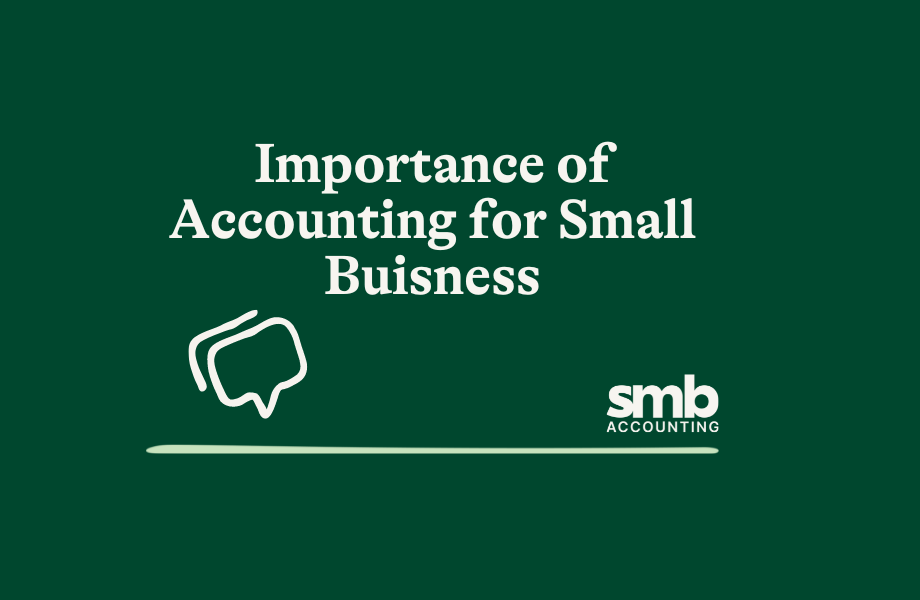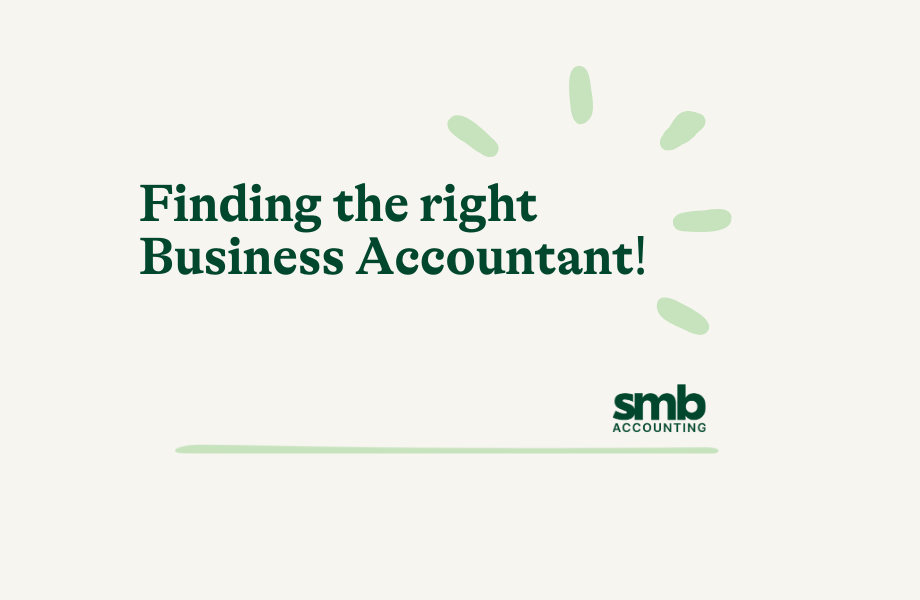Different Ways to Expand Your Business Using Your SMSF
As the competitive business landscape continues to grow at a rapid pace, savvy entrepreneurs are constantly exploring innovative strategies to expand their ventures and maintain a competitive edge. With that…










